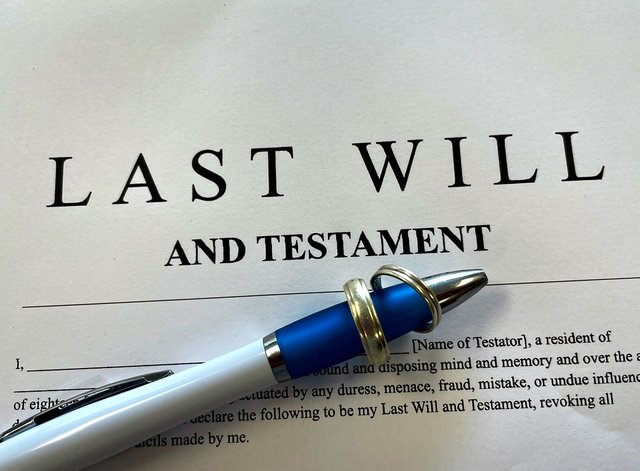Naming Beneficiaries: Preparing Financially for your Demise
I heard a story of a man who passed recently and the next thing that came to mind is how some family members may begin to fight over some of the things he owned while he was alive, but that is if there is no will in the first place. We have to come to the age where everyone must realize the need for a will, even if you think your assets are small, you still want to get them into the right hands without any trouble for your loved ones to get them when you are no more.
A will is important because it controls your assets, and ensures that the wishes you leave behind are followed. It gives secured protection for your loved ones. In some states, when there is no will to follow, asset distribution is usually determined by state laws and this may result in disputes amongst members of the family. To protect your wishes and the right distribution of your assets after your demise, you need to get a will.
Another thing to be worked on is a trust, a trust is a legal contract that gives an individual you choose, who is the trustee, the right to oversee and manage these properties and funds on behalf of those you have named them after. This is mostly used when little children who have not gotten to the age of managing their own affairs are involved.
There is also an option for the power of an attorney, when this document is signed, it provides someone you trust with the ability to act on your behalf. This permission covers even if the individual who owns those properties is still alive but incapacitated.
How to begin to prepare for a time like this, is to first go through your stuff, making a list of all the valuable properties you own. Nothing is too small I tell you, jewelry, computers, arts, vehicles, and even your television, list them all out. In addition to the list you have, add your financial assets and all forms of entitlements, adding the address to every physical asset you own.
Retirement accounts should have up-to-date beneficiaries, the account and policies will be passed directly to the beneficiary set after an individual's demise. Even if there is a bit of contradiction with the will, whoever is set as beneficiary in this case takes precedence.
Several stories that have been told about properties going to the family members who did not care about property owners when they were alive, reminds me very much of the need for a will strongly backed by legal rights. To have a will doesn't even necessarily mean you will die next month or next year, it is just being prepared for whenever it happens, the excellent thing is, it can always be adjusted.


You have been supported by the team:
Curated by: @adeljose
Thanks for the vote.